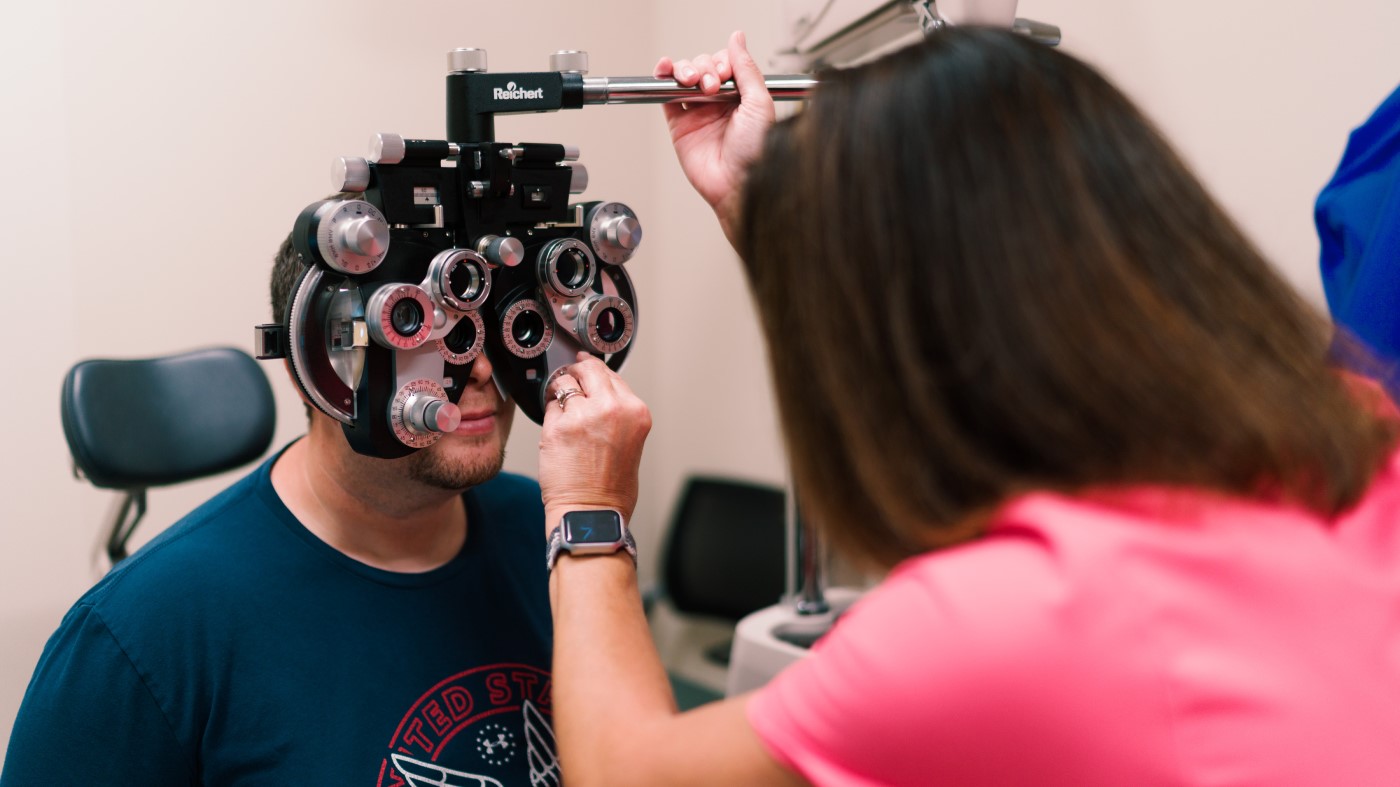We’ve shared plenty about resumes and cover letters, but the third part of any good application package is always your references. References are people who will speak on your behalf to hiring managers; they are the people who can vouch for who you are and what you can do.
When developing (or updating) your references, there are a few simple things you should keep in mind that will help you make the most of the list.
Who makes a good reference?
The advantage of preparing your references is that you can control who speaks to your potential employer. That may be current or former supervisors, co-workers, team members, current or former customers of the company, vendors or suppliers, or even people you have supervised.
Whoever you ask to be a reference (and you should always ask, never assume), choose people who know your work well. You want references who have seen you in action and can speak to your abilities and personal work ethic. Remember, you’re in control of this process, so use it fully to your advantage by selecting references who are enthusiastic about you and your work.
Contact information is critical
While most people keep their cell phone numbers and email addresses long-term, it’s not uncommon for someone to change a preferred point of contact, even if it’s just to differentiate between business and personal information. A quick phone call or email to confirm you have the best contact method for your references can save you a ton of headaches during the review process.
Similarly, make sure you’re referring to your references correctly. In the hectic shuffle of our busy lives, it’s easy to lose track of what everyone is doing. Someone acting as your reference may have started a new position, earned a certification, or added a particular skill that can lend some weight to their referral of you.
Give your references a heads-up
Just as you want to have the most up-to-date information for your references, you want them to be just as aware of what’s going on in your job search. If you apply for a job, drop them a quick note and let them know someone might be in touch. Let your references know what kind of job (or jobs) you’re applying for, as well, and if anything has changed with you that might be applicable.
This also gives your references the opportunity to frame what they know about you through the lens of the job in question and allows them to speak intelligently about your qualifications. A good reference will be able to vouch for your skills, but a great reference will be able to tell a hiring manager exactly what makes you qualified for a particular position.
Keep your references current
While a good reference will vouch for you months or even years down the road, it pays to have references who hit a little closer to who you are at this particular moment. Trustworthy coworkers and supervisors at your current job will be able to speak more influentially than someone you haven’t worked alongside in a few years.
If you don’t want to give up an older reference, consider adding one or two new ones to show your most recent capabilities. References that span your career can illustrate the trajectory of your work experience, and a good mix of new and old will show a hiring manager growth and consistency in your skills and abilities.
Work at VA
A good set of references is essential to your application, and by following the tips above, you’re going to be one step closer to landing the job you want at VA.
- READ more advice from VA Careers.
- LEARN how to navigate the federal hiring process.
- REVIEW our most frequently asked questions about applying.
- SEARCH for a career opportunity at the VA Careers website.
Topics in this story
More Stories
Whether it’s access to the great outdoors or a calmer pace in your everyday life, you can find it in rural VA communities around the country.
We offer some quick and easy steps to show you how to format a cover letter, and what information to include.
The eye care provided by ophthalmologists can make all the difference to our Veteran patients.





